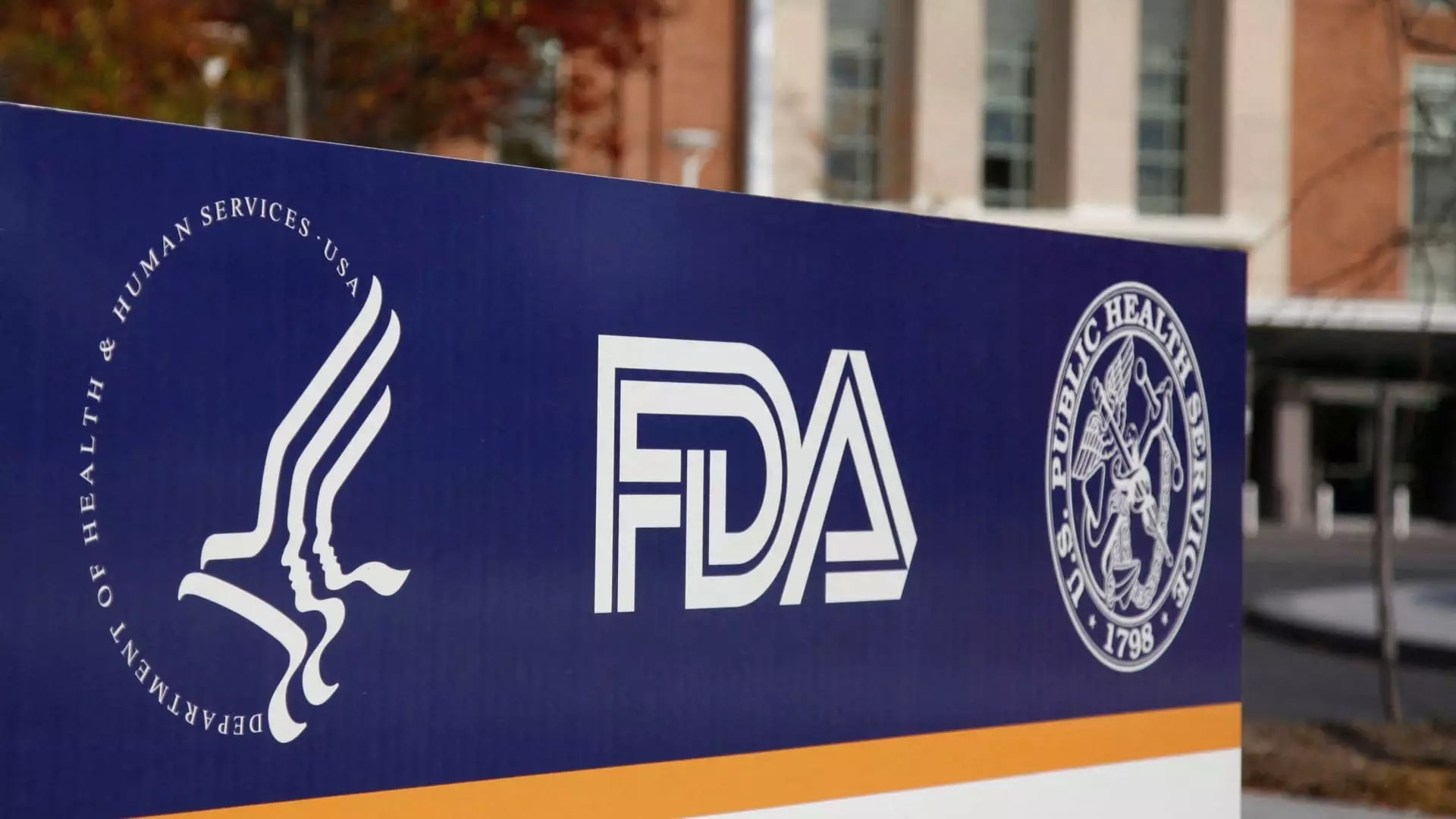The recent upheavals at the Food and Drug Administration (FDA) under the orchestrated job cuts by Robert F. Kennedy Jr. have set off alarm bells among healthcare professionals and public health advocates. In a merciless bid to streamline the Department of Health and Human Services (HHS), more than 30 essential employees from the Division of Learning and Organizational Development (DLOD) were laid off, leaving a significant void in the FDA’s ability to foster ongoing education and uphold safety standards. This article delves into the disastrous implications of such decisions, particularly as they relate to public health and professional development in the healthcare landscape.
The Importance of DLOD: A Critical Resource Now Lost
The dismantling of the DLOD, a division that played a pivotal role in training and equipping both FDA employees and external healthcare professionals, raises serious questions about the administration’s priorities. This division was not just a small team; it served as a cornerstone for upwards of 100,000 healthcare professionals, including doctors, nurses, and pharmacists. The knowledge and resources they provided directly contributed to public safety and health efficacy. With the axing of this division, the FDA has not only severed its ties to a crucial educational resource but has also jeopardized the continuous improvement of healthcare practices. The ramifications of cutting such foundational training are catastrophic, particularly as the healthcare sector grapples with emerging challenges like opioid safety, rare diseases, and technological innovations in regulatory decisions.
Job Cuts Under the Guise of Streamlining: A Misguided Approach
Kennedy’s claim that these layoffs are necessary for streamlining and centralizing operations is problematic at best. The term “streamlining” often serves as a euphemism for reckless cutbacks that disregard the long-term consequences on public health. By targeting the DLOD and other essential services that may not be as visible yet are vital in maintaining safety standards, the administration is risking not just job losses but public health itself. The axing of approximately 3,500 full-time FDA positions as part of a much larger plan of 10,000 job cuts at HHS signifies a troubling trend where efficiency is prioritized over safety. If public welfare is to be treated like a budget line item rather than a moral obligation, we are entering a dangerous territory.
Ignorance is Not Bliss: The Future of Healthcare Professionals
Without proper training and continuing education—services that DLOD provided—healthcare professionals are left to navigate complex medical landscapes on their own. The fallout is likely to manifest itself in increased errors, misunderstandings, and outdated practices as practitioners scramble to fill the educational void left behind. Those tasked with maintaining health standards will essentially become the blind leading the blind. The fact that there are currently no staff members to grant the essential credits for continuing education only amplifies the crisis—healthcare professionals are legally bound to receive these credits to maintain their licenses. A lack of guidance and support means that the regulatory framework intended to safeguard public health could become a breeding ground for ineffectiveness and inefficiency.
Questions Over Justification: An Ethical Dilemma
The justification offered by the Trump administration for these cutbacks adds layers of ethical complexity to the situation. By claiming fiscal responsibility while targeting the very departments meant to protect public health, the administration reveals a glaring inconsistency in its approach. The Continuing Education and Consultation Accreditation Team, fully funded by user fees rather than taxpayer dollars, is a prime example of a self-sustaining entity that not only benefited the FDA but also offered critical credibility to healthcare professionals across various disciplines. The decision to dismantle this team raises profound questions: Why target a unit that effectively generated its funding without dipping into public coffers?
The Slippery Slope of Neglected Public Health
As the DLOD partnership disappears, what does this mean for the broader healthcare ecosystem? The slashing of training and support suggests not a savings plan, but a systematic neglect of public health. The consequences of these decisions will reverberate through hospital corridors and patient rooms alike. The trust that patients place in their healthcare providers is built on not just their expertise but also their continuous education and ability to adapt to new standards of safety and efficacy. As this trust erodes, patient safety hangs in the balance.
Finally, while Kennedy suggests that certain personnel and programs may eventually be reinstated, there is no clarity surrounding the fate of the DLOD’s past employees. This dubious uncertainty looms large over a community of professionals grappling with unprecedented change in a field where knowledge and vigilance are the bedrocks of public health. The very integrity of the FDA is now called into question, challenging us to reflect on the sacrificial cuts made for the sake of purported efficiency and fiscal prudence.


Leave a Reply